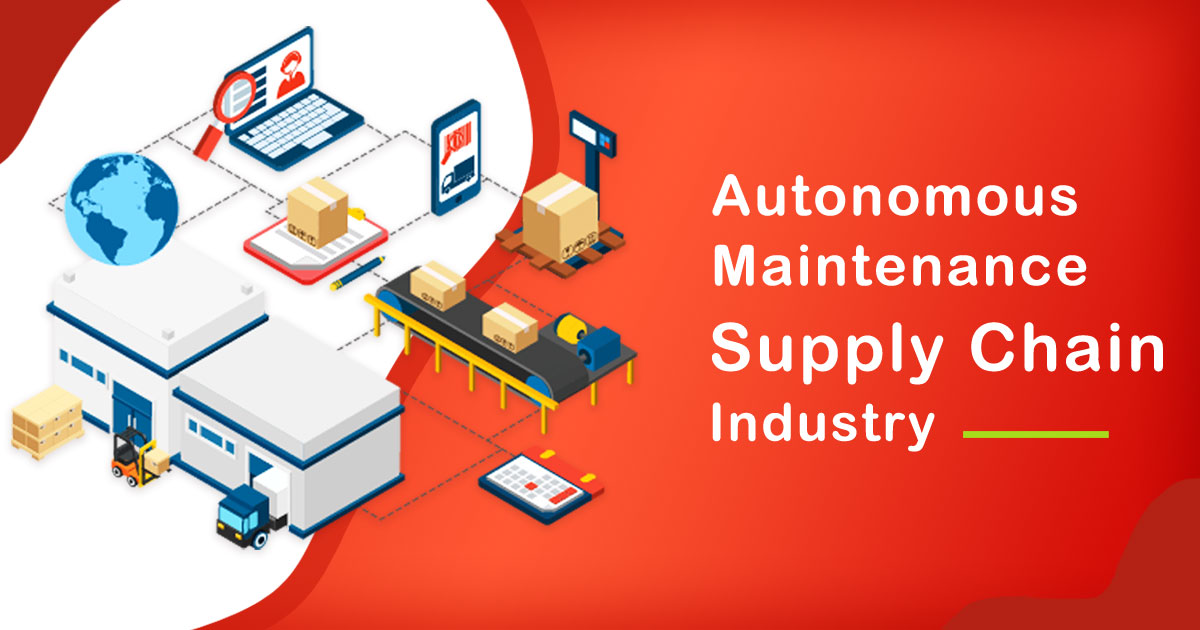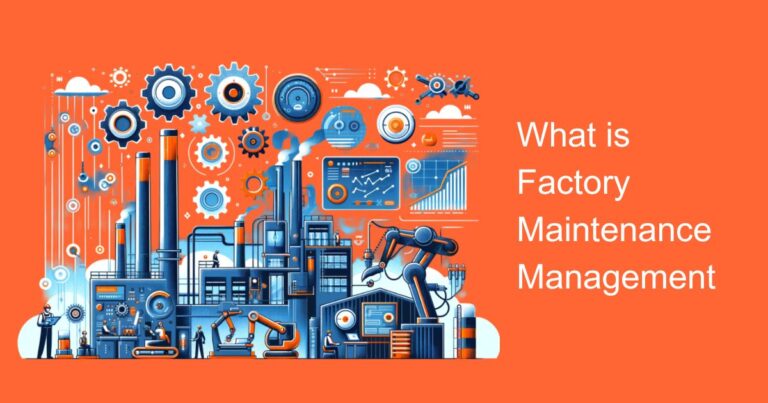Introduction
In recent years, the Indian supply chain industry has witnessed a significant transformation with the advent of advanced technologies. One such groundbreaking innovation is Autonomous Maintenance (AM), which has emerged as a game-changer in optimizing supply chain operations. In this editorial blog, we will explore the role of Autonomous Maintenance in the Indian context, shedding light on its benefits, challenges, and potential impact on the industry.
Understanding Autonomous Maintenance
Autonomous Maintenance, often abbreviated as AM, refers to the strategy of empowering frontline operators to take responsibility for the upkeep and maintenance of their equipment and machinery. Rather than relying solely on dedicated maintenance teams, AM empowers workers with the skills and knowledge required to conduct routine maintenance and minor repairs. The goal is to improve overall equipment effectiveness, reduce downtime, and enhance operational efficiency.
The Current State of the Supply Chain Industry in India
India’s supply chain industry plays a pivotal role in the nation’s economic growth and development. The sector encompasses a vast array of activities, including manufacturing, transportation, warehousing, and distribution. However, the industry has faced challenges such as inadequate infrastructure, complex regulatory frameworks, and labor-intensive processes.
In recent years, there has been a growing realization that leveraging advanced technologies could provide solutions to many of these challenges. This is where Autonomous Maintenance steps in to revolutionize the industry.
Benefits of Autonomous Maintenance in the Indian Context
Enhanced Equipment Efficiency:
AM empowers operators to detect and address minor equipment issues promptly. This proactive approach significantly reduces the occurrence of breakdowns and, in turn, minimizes production downtime.
Reduced Maintenance Costs:
With operators taking charge of routine maintenance, companies can streamline their maintenance budgets and allocate resources more efficiently. The need for outsourced maintenance services may decrease, leading to cost savings.
Increased Overall Productivity:
By implementing AM, supply chain companies can witness a boost in their overall productivity. When machines function optimally, throughput increases, meeting customer demands effectively.
Skill Development and Empowerment:
Autonomous Maintenance encourages skill development among operators. They gain expertise in machine operation and maintenance, contributing to a more skilled and engaged workforce.
Improved Safety Standards:
Regular maintenance and monitoring of equipment lead to safer working conditions, reducing the likelihood of accidents in the workplace.
Predictive Maintenance Opportunities:
As AM data is collected over time, companies can leverage this information for predictive maintenance, further reducing the risk of unexpected breakdowns.
Challenges in Implementing Autonomous Maintenance
While the benefits of Autonomous Maintenance are evident, its successful implementation in the Indian supply chain industry comes with certain challenges:
Cultural Shift:
Shifting from a reactive maintenance approach to a proactive one requires a significant cultural change. Convincing all stakeholders to embrace this transformation can be a daunting task.
Training and Education:
Proper training programs need to be developed and executed to equip operators with the necessary skills and knowledge to handle maintenance tasks independently.
Data Management and Analytics:
Implementing AM involves collecting and analyzing vast amounts of data. Ensuring the efficient management and utilization of this data can be a challenge.
Initial Investment:
Introducing AM may require upfront investments in training, technology, and equipment, which can be a barrier for some companies, particularly smaller enterprises.
The Future of Supply Chain Industry with Autonomous Maintenance
As India’s supply chain industry evolves, embracing Autonomous Maintenance will become increasingly crucial for staying competitive in the global market. The benefits of increased efficiency, reduced costs, and a safer work environment make AM an attractive proposition for supply chain businesses. Moreover, the ability to predict and prevent breakdowns will create a ripple effect, positively impacting the entire supply chain ecosystem.
Conclusion
In conclusion, Autonomous Maintenance represents a revolutionary approach to enhancing supply chain operations in India. By empowering operators with the responsibility of equipment maintenance, companies can achieve improved efficiency, reduced downtime, and overall operational excellence. While there are challenges to overcome, the potential benefits of AM make it an indispensable aspect of the future supply chain landscape in India. As the industry continues to evolve, embracing Autonomous Maintenance will prove to be a defining factor for success.








